Defending Facts with Media Literacy
In today’s digital age, where social media users can access news at the tap of a finger, it has become dangerously easy to fall victim to disinformation. That refers to false information purposely spread to mislead the public, confuse and divide them, and weaken their trust in the media. This can create issues in accessing crucial information for events such as elections, wars, and natural disasters. That is why the Global Cooperation and Training Framework is hosting a workshop on media literacy this week in Taiwan, bringing together government officials, media professionals, academia, and civil society members from across the globe. News Five’s Britney Gordon is currently participating in the event and has more details.
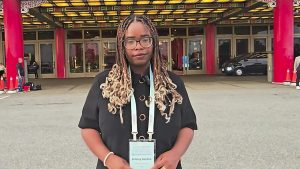
Britney Gordon
Britney Gordon, Reporting
“Disinformation is everywhere. It’s on Facebook, it’s on TikTok, and it’s even in your WhatsApp messages. And with the rise and advancements of artificial intelligence, it’s getting harder to spot each day, but it’s not impossible. That’s where media literacy comes into play.”
Pause, question, and fact check. Those are the key steps to strengthen your ability to critically analyze information presented in the mass media and determine their accuracy. This week, the Global Cooperation and Training Framework (GCTF) is hosting a workshop in Taipei, Taiwan and its all about the role of media literacy in defending the information space. Hao-Yu Huang, Staff Consultant at the Ministry of Foreign Affairs in Taiwan, tell us more.
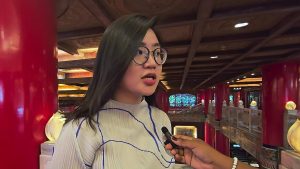
Hao-Yu Huang
Hao-Yu Huang, Staff Consultant, Ministry of Foreign Affairs, R.O.C. Taiwan
“This is specific focus on media literacy. We want to talk about how we defend our information with an open society that with a flow of information that can affect people. And we bring some participants from around the world to talk about this. Issue, share their best practices. We also want to bring in NGOs, experts, officials, together to talk about the issue together, because it’s about the civil society, working with the government and working with the media. If we want to deal with the issue, we need to bring an all the stakeholders together and in order to share different perspective.”
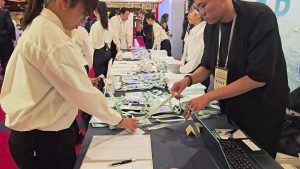 The GCTF was started in 2015 by Taiwan and has since joined forces with the United States, Japan, Australia and Canada. This week’s session, led by Canada, is the fourth of five to be hosted this year. Participants were invited from across the globe to share their unique perspectives on the media landscape and solutions to handling disinformation. Thabile Mdluli, Acting Government Spokesperson from the Kingdom of Eswatini, says she hopes to gain the skills to counter false information spreading in the digital space.
The GCTF was started in 2015 by Taiwan and has since joined forces with the United States, Japan, Australia and Canada. This week’s session, led by Canada, is the fourth of five to be hosted this year. Participants were invited from across the globe to share their unique perspectives on the media landscape and solutions to handling disinformation. Thabile Mdluli, Acting Government Spokesperson from the Kingdom of Eswatini, says she hopes to gain the skills to counter false information spreading in the digital space.
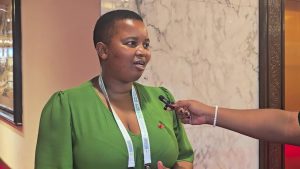
Thabile Mdluli
Thabile Mdluli, Acting Government Spokesperson, Kingdom of Eswati
“The most important thing is the fact checking part and also the correction of misconceptions. And there’s quite a lot about my country. I come from a kingdom and one of the most, falsified information that you can find out there is that we’re an absolute monarch and that the king has all the power or the executive powers to rule the country, which is not true because we are a constitutional monarch and we have, we are a democratic state as well. So I’m hoping that from this workshop I can gain the skills, the expertise on how to counter misinformation, but also how to make sure that people are able to consume the information that’s actually true about the country.”
Considering why a message is being circulated is an important part of spotting disinformation, as they are often rooted in bias or a form of propaganda. Asia Center is a civil society research institute based in Thailand that promotes media freedom and digital responsibility. Regional Director, James Gomez, shares why he believes Thailand will benefit from this training.
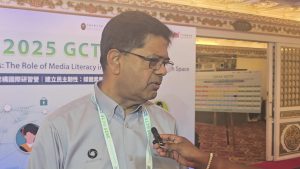
James Gomez
James Gomez, Regional Director, Asia Center, Bangkok
“Especially against the fight with disinformation right now in Thailand, we are experiencing the border conflict within Thailand and Cambodia. And, while the military is in full force in both places, but the real war is the war of disinformation. And, although Thailand is a bigger country than Cambodia, but I think Cambodia is winning the disinformation war because more of its young people, who are nationalistic in nature, are putting out a lot of disinformation and I think this is one of the challenges here and I hope the conference will give us some ideas on how to deal with it.”
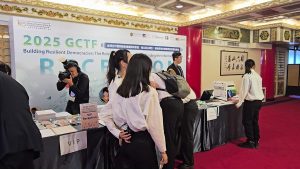 Minimizing the spread of false information online is not a one-man job. Recognizing this, in 2016, Johnson Liang developed the Cofacts tool, which allows users of Taiwan’s most popular app to instantly fact check information circulating on their feed or sent to them. Liang says it was developed to help people make decisions rooted in accuracy.
Minimizing the spread of false information online is not a one-man job. Recognizing this, in 2016, Johnson Liang developed the Cofacts tool, which allows users of Taiwan’s most popular app to instantly fact check information circulating on their feed or sent to them. Liang says it was developed to help people make decisions rooted in accuracy.
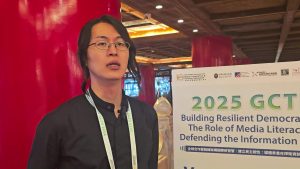
Johnson Liang
Johnson Liang, Co-founder, Cofacts, Taiwan
“It provides a chatbot and also a website so whenever a person who, encounters, suspicious messages, enclosed in messaging app called Line, which we use at least like WhatsApp in Taiwan. Those people who are exposed of such suspicious message, they can forward the message to our chat bots. And this chat bot will check if this message is previously reported into a database. And if it is, then it will automatically reply with the crowd source fact checks by other volunteers.”
Fact-checking does not promote restricting online debates, but instead strengthens it by rooting discourse in accuracy. As technology continues to advance, the line between fact and fiction continues to blur but by simply pausing, questioning and checking, fake news can be overcome. Britney Gordon for News Five.




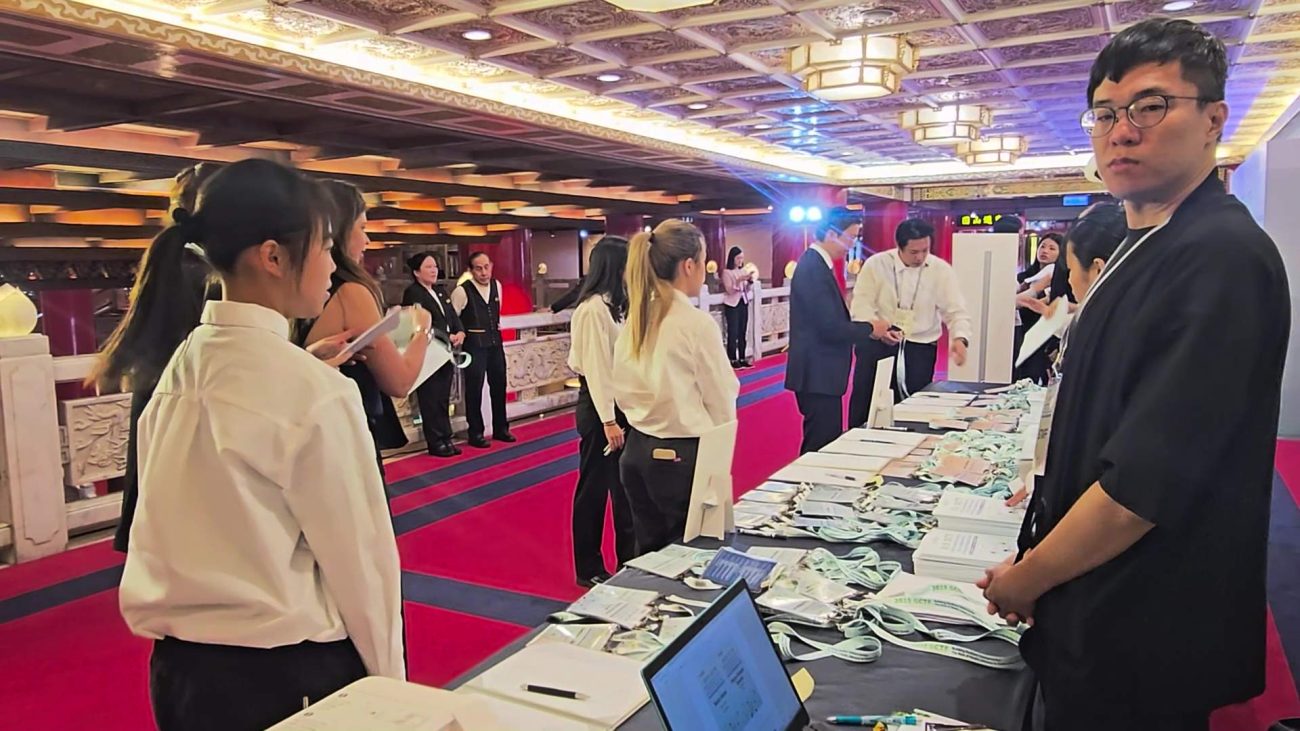
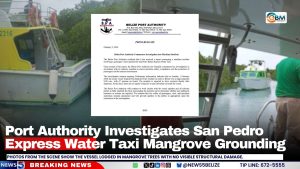
Facebook Comments